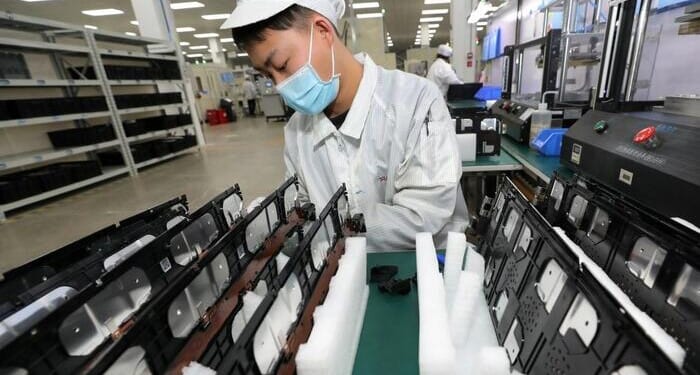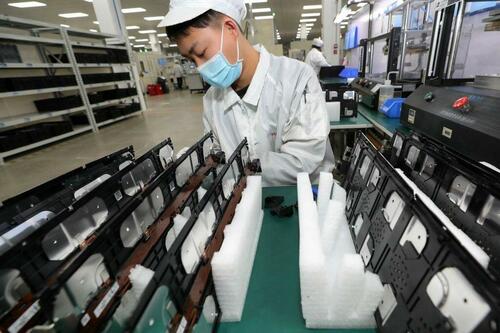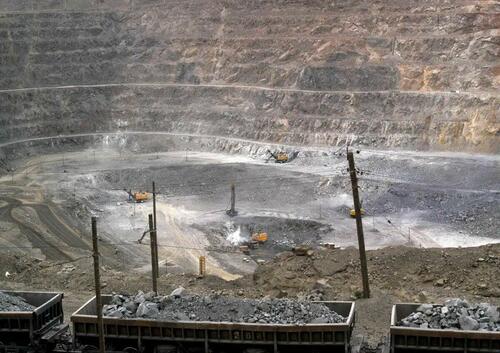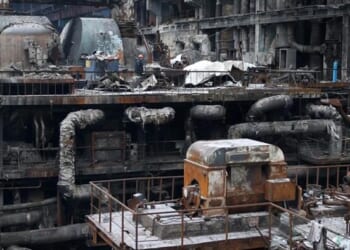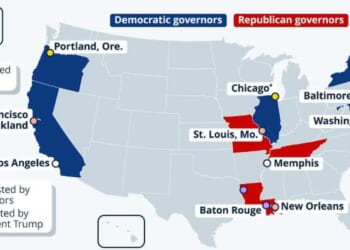Authored by Jill McLaughlin via The Epoch Times (emphasis ours),
A bipartisan congressional report published on Nov. 12 revealed that the Chinese Communist Party (CCP) manipulates critical minerals markets to further its global ambitions.
The U.S. House Select Committee on the CCP released the “Predatory Pricing” report following an investigation into market manipulation.
“From cell phones to fighter jets, every American is dependent on minerals that China manipulates for its own selfish reasons,” Committee Chair Rep. John Moolenaar (R-Mich.) said in a statement. “As we saw last month with its rule on rare earths, China has a loaded gun that is pointed at our economy, and we must act quickly.”
Moolenaar accused China of predatory practices that have caused Americans to lose their jobs, driven American miners out of business, and jeopardized national security.
The investigation revealed several findings, including that the Chinese communist regime subsidizes its state mining companies with tens of billions of dollars and gives zero-interest loans to support its global acquisition of mining assets.
The regime engaged in a decades-long strategy to dominate the rare-earth element supply chain, according to the investigation. The strategy involved luring in mostly Western companies to collaborate with Chinese companies, then selling products significantly below existing market prices to put competition out of business.
“Finally, after establishing its dominance, the PRC wielded this market clout as a geopolitical weapon,” the investigation found.
Beijing has also established a legal framework governing mineral price reporting, giving it the ability to raise and lower prices to favor its national security interests, the report said.
China intentionally kept rare-earth element prices low to ensure that Western participants did not enter the market, according to the investigation.
The regime also pushed down the price of critical minerals, including lithium, an important element used in rechargeable batteries and electric vehicle batteries, the report said.
Chinese miners are expected to continue dominating lithium production through 2030, the investigation found.
When prices were low, the regime subsidized its firms to aggressively acquire mining assets and cement its control over the global supply chain, according to the report.
“The PRC government, under the Chinese Communist Party (CCP), has engaged in a coordinated, decades-long scheme to control different critical minerals and bend the global market to their will,” the investigation states.
On Oct. 9, China’s Ministry of Commerce issued a global export licensing regime for rare-earth items, but that was a culmination of policies, investments, and other moves made over decades, according to the investigation.
The congressional report gives several policy recommendations, including aligning critical mineral financing and industrial-base programs under a single authority, such as a “critical minerals czar.”
The report also suggested bolstering U.S. mining and recovery efforts and discussed how to expedite permits while keeping important safeguards.
They also suggested preventing unfairly priced imports from undermining U.S. industries, developing federal tools for price discovery and costs, and strengthening coordination among allies on critical minerals.
The report also suggested creating a Strategic Resources Reserve, similar to the federal reserve for oil.
The committee also encouraged creating a critical minerals tax credit, supporting low-cost loans for critical minerals projects, and developing an American rare earths workforce.
Loading recommendations…

